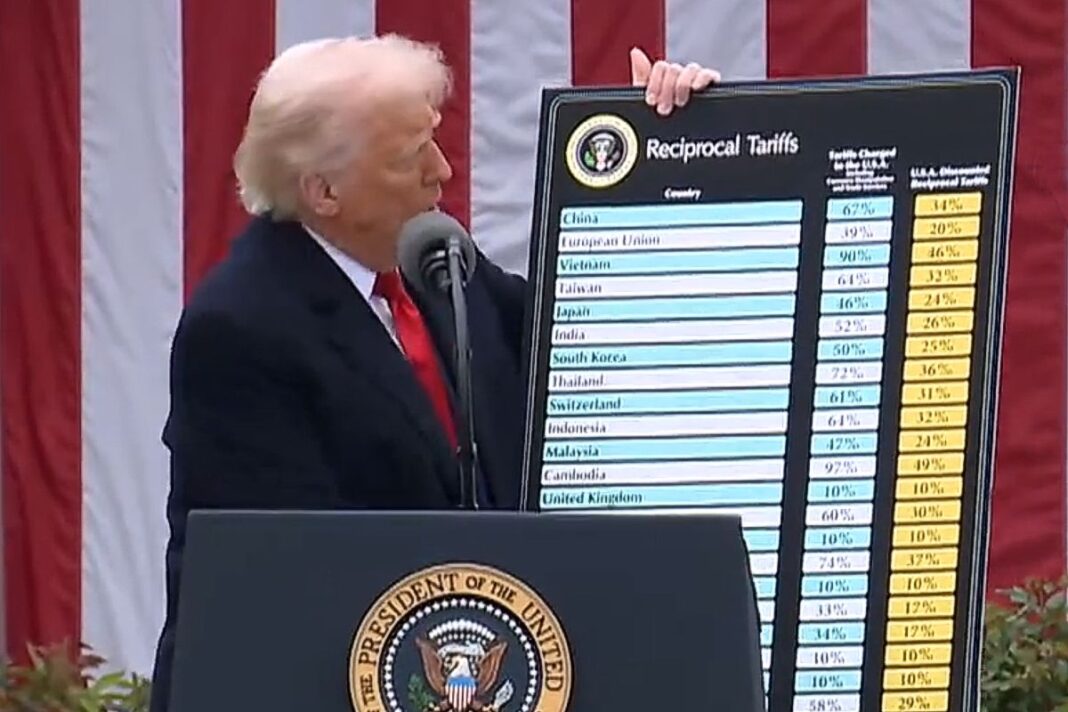Ranchers say their hands are tied as reintroduced wolves—listed as endangered—are feasting on cattle instead of hunting elk and deer.
Descendants of rewilded wolves are taking a heavy toll on cattle in Northern California and Oregon, killing calves and full-grown animals and putting stress on cow-calf operations and ranchers’ pocketbooks.
Because wolves are listed as an endangered species under state and federal law, ranchers are hamstrung: They can’t shoot or harass these protected predators. The penalty for killing a wolf is steep; federal law carries a maximum sentence of one year in prison and a $100,000 fine, unless a rancher can prove that it was in self-defense.
While animal advocacy groups say the wolves are native apex predators that belong in California and other western states, some ranchers argue that there’s nothing natural about wolves’ stalking domestic cattle because there isn’t enough natural prey.
“They’re welfare wolves,” Janna Martin Gliatto, an owner at Table Rock Ranch in northern California, said. “We have entitled wolves—multiple generations.”
One wolf pack, known as the Whaleback Pack, near her ranch doesn’t seem inclined to hunt elk or deer, she said.
Since November 2021, wolves have killed at least 44 head of cattle at the Martin family’s ranch in Siskiyou County, Gliatto told The Epoch Times. Of those confirmed wolf kills, three were adult cows, and the rest were calves.
“There’s a handful of people and ranches like us that have been hit really hard,” she said. “I’ve had so much carnage.”
The protection of wolves has been a “costly experiment” for ranchers and taxpayers who foot the bill for it, Gliatto said.
In 2021, state lawmakers voted to disburse $3 million to the California Department of Fish and Wildlife (CDFW) to develop a pilot program to mitigate the effects of wolves on livestock producers.
The resulting Wolf-Livestock Compensation Program was started in 2022, and by March 2024, the funds were exhausted after 109 claims were paid out to livestock producers for wolf depredation in Siskiyou, Lassen, Plumas, and Tulare counties.
Gliatto received two years of partial compensation to pay a range rider to patrol the herd at night, “but the funds ran out, so now it’s out-of-pocket,” she said.
By Brad Jones







